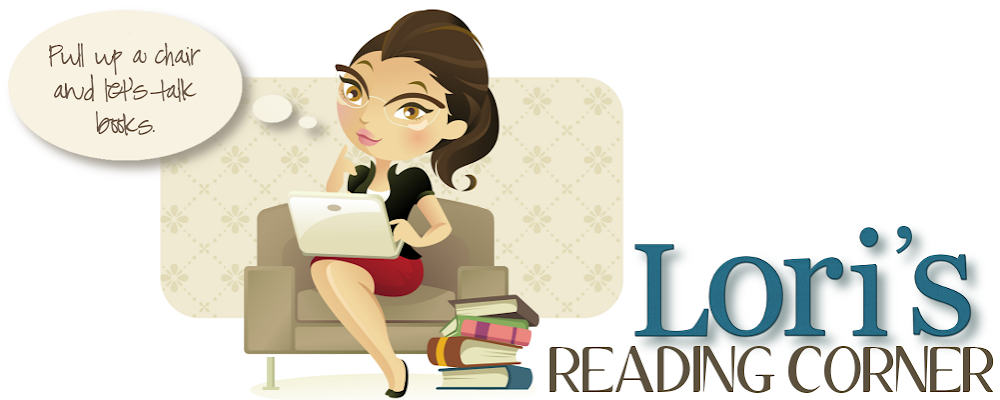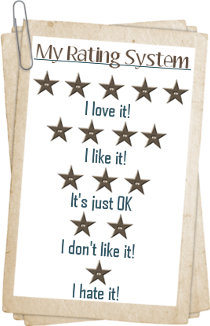E-books and Their Influence On The College Landscape
As an avid lover of books (the feel of the pages turning under my fingers, the dusty smell of paper and the sharp, pungent odor of new ink, the cracking spine of a paperback as it’s opened to the center) I had a real problem getting on board with e-books. For one thing, I spent enough time starting at a screen in my daily life (lectures in Power Point, notes and papers typed on my laptop, online research, and let’s not forget TV and movies). I was squinting at a screen so much that within a year I had to get glasses. So when I began to notice people reading on their Kindles and other e-readers, I admit I was flabbergasted. How could anyone want to spend their modicum of time away from electronics seeking out more ways to induce eye-strain? However, even I cannot deny the benefits of e-books on the college campus.
Let’s just start with ease of use. As any student can tell you, textbooks are heavy! Most e-readers weigh less than a pound and are slimmer than a small paperback. So apparently they’re good for my posture and spinal health. Also, there are a lot of textbooks available for the various e-readers out there. Amazon alone lists 6,400 entries under “textbooks” in the category of Kindle Books. That doesn’t mean that every textbook is in e-book format, but there are a lot. If I could get even half of my books in that format, it would be a huge weight off my shoulders (literally and literarily).
Beyond that, e-books (at least textbooks) can be had for less than I would spend at the campus bookstore, and any significant savings on skyrocketing college expenses is a major selling point. There is, of course, an initial cost of anywhere from $200 to $800 for an e-reader, but with the savings on textbooks, it could pay for itself in a semester (or at the least, over the course of a four-year degree). And let’s not forget that many of them include other features like Wi-Fi, text-to-speech, integrated dictionary, and in the case of the iPad, virtually anything you can do on any other iDevice (except phone calls). Plus, e-books could be good for the environment. Books use paper (most of it non-recycled) and logging is bad for the environment in so many ways. E-readers, on the other hand, need electricity to charge. Which is more of a detriment to our planet? I don’t know, but it’s worth considering.
So the weight is negligible, the price is right…can it also slice, dice, and fly me to the moon? Fortunately, most e-readers focus on their primary function; facilitating the reading of e-books. But even with claims like “ergonomic design” and “paper-like screen”, e-books are no substitute for the real deal. I’m still reading a screen, and while it’s way better than hauling around thirty pounds of books, I doubt I’ll loan one to a friend, give it as a gift (where would I put the inscription?), or love it the way I love a well-worn book. I won’t treasure my e-reader and turn to it for comfort or nostalgia. I won’t while away an afternoon in the park with my e-reader. I won’t pass it on to my children and I won’t keep it on my nightstand to help me fall back asleep when I wake up in the middle of the night. In short, it’s a great tool for college, and one that every student should consider, but I just can’t give up books.
Thomas Warren is a content writer for GoCollege, one of the oldest and most trusted resources to guide students on how to finance and succeed in college.





















1 comment:
This is a wonderful point of view. As a kindle owner and lover, I can never give up my traditional books. There is just something about the smell of the library. I just like the ease of travel, and the ease on my hands, they go numb on me quite often and kindle is a great relief for that.
I have an award for you at my blog here-
Tomes Devotee
Post a Comment